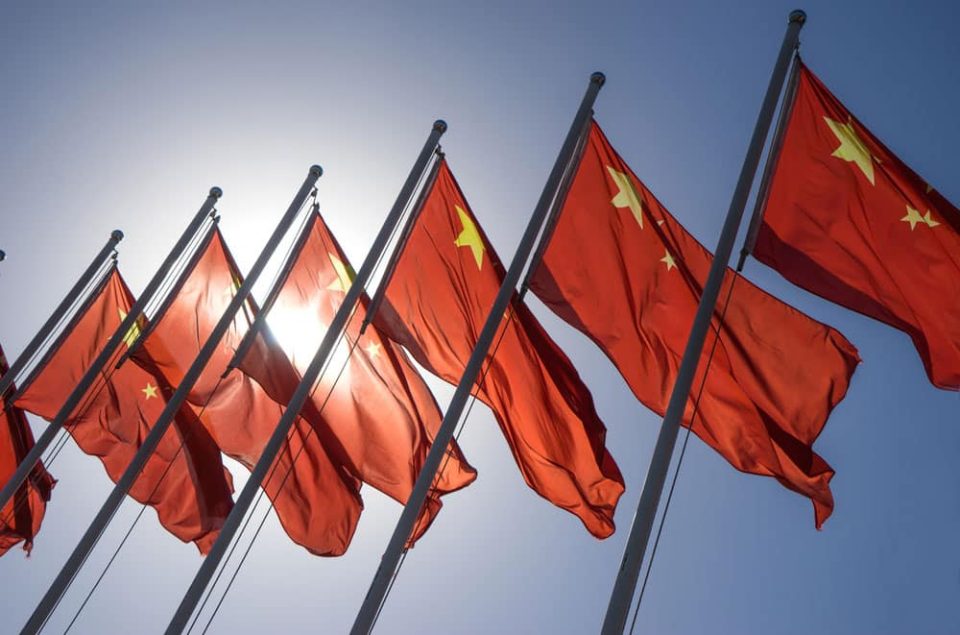The Erosion of China’s Foothold in South and Southeast Asia

In the past, the idea of China losing its influence in South and Southeast Asia seemed highly unlikely, especially to the Chinese policymakers and the academia. Yet, in the past few years, this is exactly the situation unfolding before our eyes.
In the initial stages of the Belt and Road Initiative, when the yuan was strong and ambitious mega projects were abundant, nations like India eagerly joined in. Chinese authorities expressed great enthusiasm, projecting China as a global leader. However, as China’s financial resources dwindled and debt-related issues took the central stage, the world’s perception of China began to shift.
In the present scenario, China not only committed substantial financial resources without guaranteed returns but also finds itself subjected to increased criticism and reproach. Chinese authorities and experts are now awakening to the complexity of achieving results through extravagant spending, a realization that has come rather belatedly.
China appears to underestimate the significance of nationalism in India and Southeast Asian countries and its evolving trajectory. Moreover, it lacks a deep understanding of the intricate political dynamics within these nations, including challenges such as corruption, communal tensions, and the surge of religious conservatism.
These multifaceted issues carry substantial importance, yet some influential circles in China persistently downplay the significance of these Southeast and South Asian matters, either deeming them inconsequential or believing they are entirely controllable. Nothing is further from the truth, as the region is undergoing tremendous changes.
Territorial conflicts, particularly along the Himalayan border with India, have strained diplomatic relations and eroded trust between the two Asian giants. These disputes have sparked security concerns and prompted India to strengthen its alliances with other regional powers.
Additionally, China’s economy, while still significant, has exhibited signs of sluggishness, leading to concerns about its long-term sustainability. As a result, countries in Southeast Asia, which once heavily relied on China as a key trade partner and source of investment, are diversifying their economic relationships. These geopolitical and economic shifts are gradually reshaping the balance of power in the region, with India and Southeast Asian nations seeking to assert their own interests and independence on the global stage.
From China’s perspective, the present Southeast and South Asia have deviated significantly from their past. The influence China once held over the Belt and Road initiatives is diminishing, coupled with lingering debt concerns and a decline in capital exports. This has led to a crumbling presence in this historically rich and densely populated region. While China may presently hesitate to acknowledge this, the point of undeniable recognition is approaching rapidly. Inevitably, China will incur a substantial cost for its geopolitical unawareness, its blind faith in financial power, and excessive self-assuredness.
Written by Chan Kung.
Have you read?
Top Women CEOs of America’s largest public companies (2023 List).
CEOs Of The Top Footwear Companies You Should Know.
Top CEOs of the World’s Largest Media Companies In 2023.
Best International High Schools In The World, 2023.
Revealed: The World’s Best Airline CEOs, 2023.
Add CEOWORLD magazine to your Google News feed.
Follow CEOWORLD magazine headlines on: Google News, LinkedIn, Twitter, and Facebook.
This report/news/ranking/statistics has been prepared only for general guidance on matters of interest and does not constitute professional advice. You should not act upon the information contained in this publication without obtaining specific professional advice. No representation or warranty (express or implied) is given as to the accuracy or completeness of the information contained in this publication, and, to the extent permitted by law, CEOWORLD magazine does not accept or assume any liability, responsibility or duty of care for any consequences of you or anyone else acting, or refraining to act, in reliance on the information contained in this publication or for any decision based on it.
Copyright 2024 The CEOWORLD magazine. All rights reserved. This material (and any extract from it) must not be copied, redistributed or placed on any website, without CEOWORLD magazine' prior written consent. For media queries, please contact: info@ceoworld.biz
SUBSCRIBE NEWSLETTER








